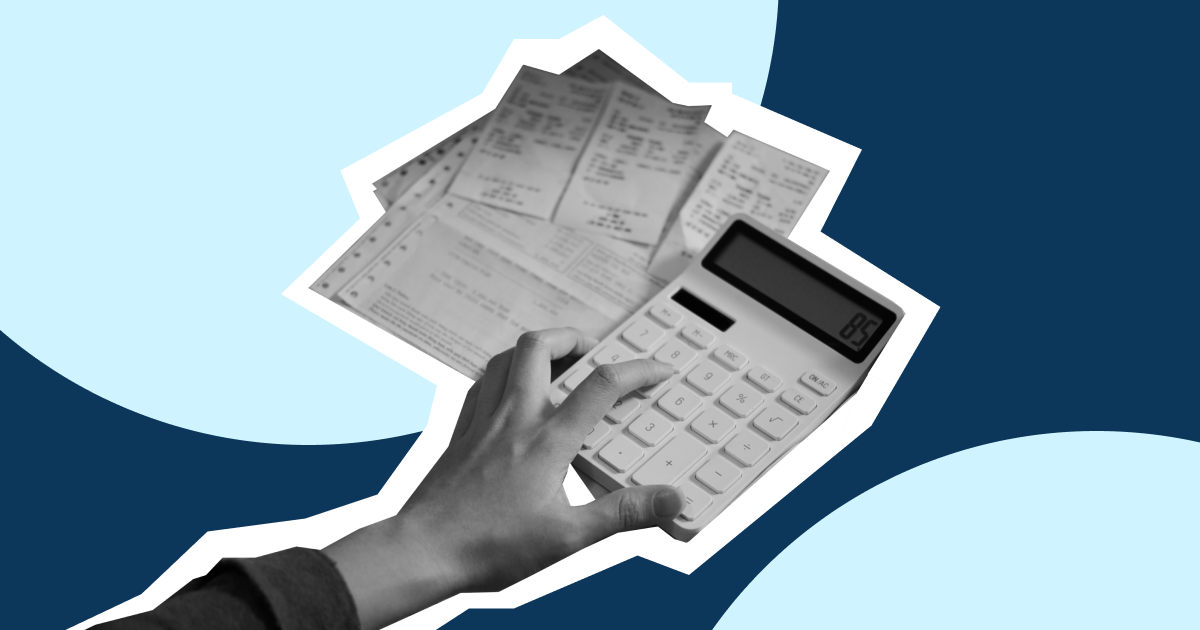Summary
Running a business is no easy feat. As the owner, you’ll probably wear many hats—CEO, finance head, marketing director, the list goes on. At the same time, bookkeeping for new businesses is one of the most essential processes to keep your company afloat.
Crunching numbers can get extremely manual and repetitive, but bookkeeping is important if you want to keep track of your expenses and growth. Even if you managed to hire an accountant to help you with your accounts, we believe that every business owner should know the basics of new business bookkeeping. Knowing your accounts can help your business to avoid last-minute revenue errors, and give you more insight into the feasibility of upcoming projects.
Here are 10 bookkeeping tips for new businesses to help you get a hang of the bookkeeping process:
1. Keep business and personal expenses separate

We’re sure this isn’t the first time you’ve heard this. One of the key rules of starting your own business is to keep your business and personal finances separate! Here’s three reasons why:
- It’s easier to monitor which expenses are business related, and which are personal.
- Having a business account and card can help your business to build its own credit score, which can be useful in the future.
- It’ll give you a better view of your business budget.
Haven’t gotten round to opening a business account? Check out the best business accounts in Singapore to get started on it!
2. Try to avoid cash transactions

It’s undeniable that most transactions can be paid digitally today. However, there might still be times where you’ll have to pull out your wallet. Although cash transactions aren’t the worst, they might make bookkeeping a little harder if you’re careless with your receipts.
Not keeping track of small expenses might seem trivial—after all, what’s a few dollars off the accounts? But continued oversight might lead to a snowball effect, leaving you stranded at the end of the month not knowing where your money has gone.
3. Track business transactions and keep receipts

This is why tracking your business transactions and keeping petty purchase receipts are so important. No matter how small the purchase, keep a record of these transactions. To do this, we recommend:
- Downloading your monthly business bank statements
- Keeping all receipts related to business transactions in a file
Having these measures in place will make bookkeeping at the end of every month a way less frustrating experience for you.
4. Set aside money for major or recurring expenses

Instead of having to record the same expenses over and over again, set aside your monthly budget for essential items. Essential items and expenses refer to the purchases that your company will definitely be investing in from month to month. This could include office supplies and rent.
On top of this, setting aside a budget for major expenses can also help you to better keep track of your business’s monthly budgets. For example, having a big project in the pipeline that might require a larger budget can be inserted into your account early, This can help you to visualise what the expense limit will be like for your business in coming months.
5. Set aside money for taxes

Keeping track of your business finances also means setting aside a sum to pay your taxes when the last quarter of the year rolls in. You definitely wouldn’t want to be behind on your tax payments, or worst still, have to take a loan to pay your taxes.
6. Don’t forget your invoices

Late-payments can really affect your business relationships. Having to chase unpaid bills from both clients and partners could strain relationships, and make accounting difficult at the end of the month.
One way to combat this is to prepare and send out invoices once jobs are done. This could help you to remind customers and clients to make payments on time. Doing so will also help to facilitate your payments to partners and suppliers! Keeping this organised will also help to ensure that cash flow is consistent throughout the month
7. Track your expenses once a week, and do your books once a month

It can be tempting to push bookkeeping to the back of your mind, especially when you’re overwhelmed with other business needs. But if you want to keep your business up and running, bookkeeping should definitely be a priority.
Setting some time aside weekly to check-up on your transactions and ensure that they tally with your purchases will make things easier come the end of the month.
8. Use an automated payroll system

The payroll is one of your company’s largest expenses. Sometimes, paying your employees by bank transfer, or doing it manually every month can lead to discrepancies. As an employer, paying your employees on time can also help to forge stronger bonds and trust amongst the team.
This is why automating your payroll is the best way to keep things concise and punctual for all parties involved.
9. Try to automate your record-keeping

The best way to make bookkeeping for new businesses more manageable is by looking for ways to automate the record keeping. This could come in the form of an online accounting software.
There are a host of online accounting softwares that specialise in new business bookkeeping. They usually offer users a range of features that include day-to-day business administrative basics such as:
- Automated bill payments
- Invoices
- Integrating bank details and transactions
- Budget dashboards
- Financial reports
By automating your bookkeeping processes, you’ll free up time for you to focus on other aspects of the business you’re handling. However, every business has different needs, so do your homework before plunging into purchasing one.
10. Use Aspire

The Aspire business account is fully integrated with Xero, and will soon cover expenses, invoice, and payroll management. This means that you’ll be able to view all your business expense information in one platform. Business spend is also categorised into groups, allowing you to keep track of expense budgets in each business department.
What’s more: if you’re currently outsourcing your bookkeeping to an accountant, he or she will also be able to access your dashboard on the Aspire app!
Bookkeeping for new businesses doesn’t have to be tedious.










%201.webp)


.webp)